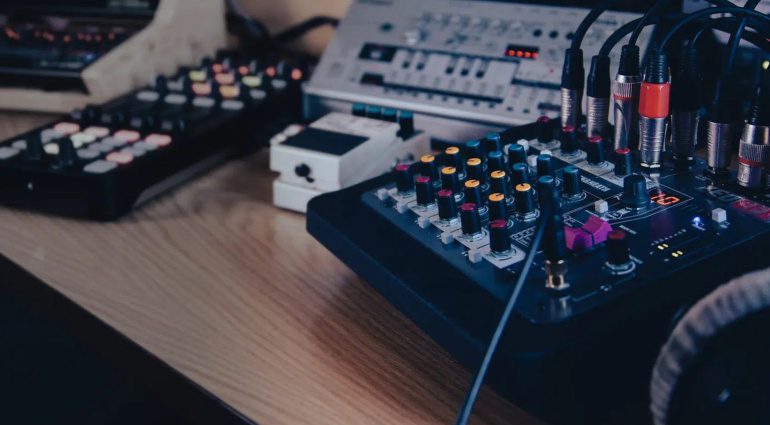Biometrics is not just a futuristic term from science fiction but a cutting-edge technology that has revolutionised how we verify and confirm identities. It’s a real art of measuring and statistically analyzing an individual’s physical and behavioural traits, serving as the foundation for accurate and secure identity verification. What is biometrics and how is it used?
All you should know about biometrics
Biometrics may seem a complex dilemma of the modern world, with a few ethical concerns, yet it’s a powerful tool used to identify, verify, and grant access in a multitude of situations. Biometrics measure and statistically analyse physical and behavioural traits, which are unique for each person. The traits under analysis are fingerprints, facial features, but also voiceprints or the rhythms used while typing.
Identity registration process
There are a few steps taken during the identity registration process that lead us to our goal – identification. The journey begins with data collection during the registration process by utilising specialized sensors or scanners.
The systems collect individual biometric data, such as facial features or fingerprints, and transform it into digital form to be processed and stored. The transformation finishes with the creation of a biometric template, umber and algorithms with unique traits being the digital identity of the person.
In scenarios where identity verification is needed, the biometric system springs to life, by comparing the presented biometric data with the stored template, and the system decides whether access should be granted.
Practical Applications of Biometrics
Generally, the applications of biometrics are focused on the area of authorisation. More complex functions are used by the police or border officers.
Identity recognition is necessary for banks, workplaces with working time registers, or even at home when we want to use our phones or laptops. Iris recognition, fingerprints, or other unique traits are tools to prevent unauthorised access and protect personal data.
Identity recognition is often used during national elections at the process of creating a voter registry list. A biometric enrollment system is successfully used to link biometric data to each voter’s personal information in order to reduce the risk of duplicate entries and inaccurate voter lists.
Some systems also facilitate remote voter registration by allowing eligible voters to provide their biometric data through authorised channels. It’s a great opportunity for the citizens living abroad or in remote areas, ensuring their inclusion in the electoral process.






